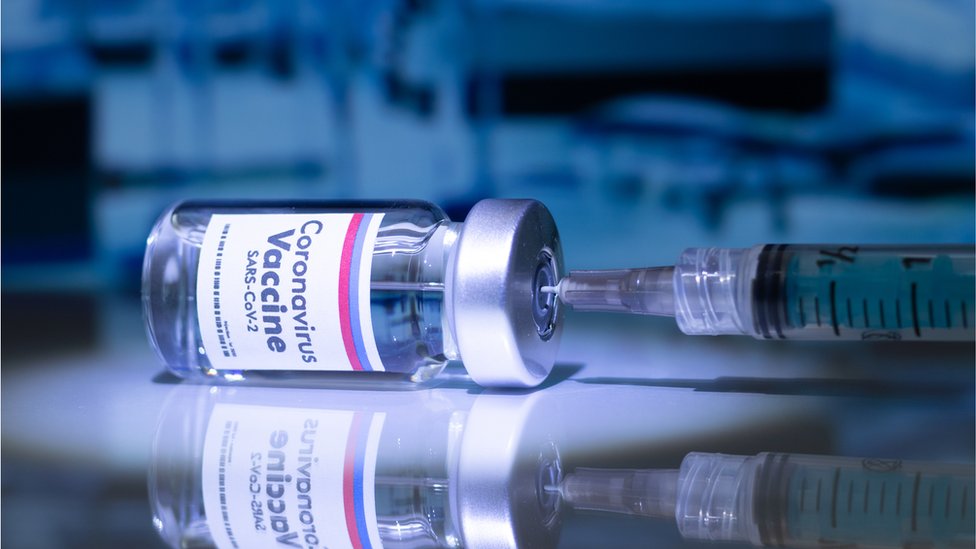Covid19 has changed the world’s health, economy and leisure. It has changed business models and industries. It has turned our social life inside out, or should I say, outside in? But the one thing that has not changed is the one and only thing that can stop prolonging this pandemic. And that is what we are going to talk about today folks, profiteering- the ugly, unethical yet legal face of capitalism. How did this happen amidst a pandemic?
Last year in April, there was a huge chatter around the announcement from the University of Oxford that they would make the intellectual property behind the vaccine open-source. That was seen as a breakthrough in a field that was otherwise plagued by overpricing and similar unethical practices. ” If there ever was an opportunity, this would have been it” Ameet Sarpatwari, an epidemiologist and lawyer at Harward Medical School. What changed?
Sarah Gilbert, a household name in Britain and around the world, was the mastermind behind the Oxford vaccine. She found a way to modify her vaccine for SARS to work on SARS-COV-2, the virus that caused Covid19. As she ran into funding issues, she was helped by CEPI, an epidemic preparedness organisation funded by the Gates foundation as well as countries like Norway and India. After the initial success, she planned scaling up the operation to serve the world with millions of doses. However, she did not have the expertise to do it. Bill Gates was the one to suggest her to partner up with pharma companies, and gave her a list which included Merck and Astrazeneca. However, the British government was not willing to let her sell the intellectual property to a company rooted outside the country, so the American big pharma company Merck was out of the question.
Why is partnership with a pharma company controversial? Aren’t they the ones that manufacture vaccine doses in large-scale? This is where the issues began to brew up. The majority of Oxford’s vaccine production is handled by the Serum Institute of India (SII), a private company that had already planned for a head-start in large scale manufacturing of the Oxford vaccines back in April of 2020, shortly after the entire country of India went into a devastating lockdown.
There is a lack of transparency in the deals between pharma companies and governments causing major distrust amongst the public. Moreover, today’s vaccine shortages around the world can be attributed to bottlenecks in the system as no one is willing to let go of their intellectual property for public good. The governments do not want to be seen as interfering as that would severely impact the idea of the free market. This has resulted in the heavy dependence of countries around the world on a tiny set of manufacturers. This means that the underdeveloped countries have to ultimately wait for the arrival of “vaccine aid” (even if they paid for it at a premium price) from countries such as India, China and the West.
